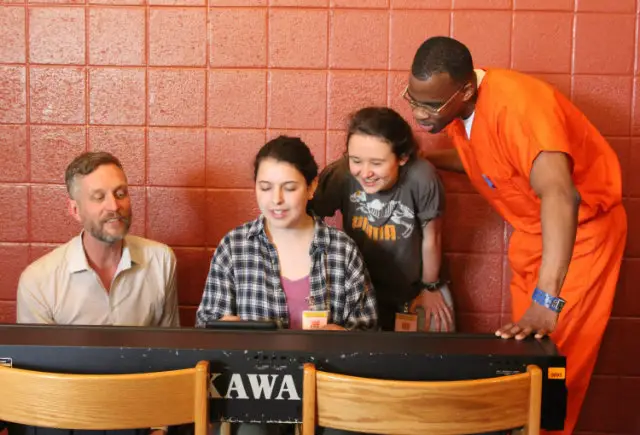Despite a previous failed attempt, Rep. French Hill is determined to see the Shift Back to Society Act — a bill created to help former convicts adjust to life after prison through educational programs — pass in Congress.
Arkansas Online reported that when the bill was first introduced, it was placed under the US Department of Justice and was rejected after three attempts at passage in Congress.
Now, Hill is looking to turn things around by including bipartisan leadership with Rep. Terri Sewell, Rep. Steve Cohen, and Rep. Mike Turner, and placing the initiative under the control of the US Education Department (ED).
“We need people reunited with their families, with their kids, reunited with the dignity and success of work and reunited with their faith. All of those things take a bad turn in prison,” Hill said.
Re-entry Into Society
The updated version of the proposed legislation was announced at a news conference Friday. It features an annual $5 million in grants to historically Black colleges and universities to develop educational programs focused on helping inmates transition to life outside of prison.
To qualify, a student must have been convicted of a criminal offense and be out of prison for a maximum of one year or scheduled to be released within a year.
“The Shift Back to Society Act will facilitate successful transitions to employment and successful transitions back to this community,” said Solomon Graves, the secretary of the Arkansas Department of Corrections, who attended the conference.
“These college partnerships make complete sense for us as we continue our mission of being a public safety and rehabilitative resource for the state. We know there is more than one man, more than one woman incarcerated right now in my facilities and facilities across this nation who need salvation, who need support,” Graves added.
TJ West, a former inmate, was invited to the event to share how educational opportunities, particularly the Pathway to Freedom program in Arkansas, changed his life after he was incarcerated.
“From adolescence into your adulthood, some of the trauma and the experiences that happen in life [means] you don’t necessarily believe in yourself so much,” West said. “So it is pivotal we educate and have educational programs not only inside the prisons but once individuals get released. I don’t have to be limited by what I went through,” West said. “I can do all things. I can accomplish something.”

